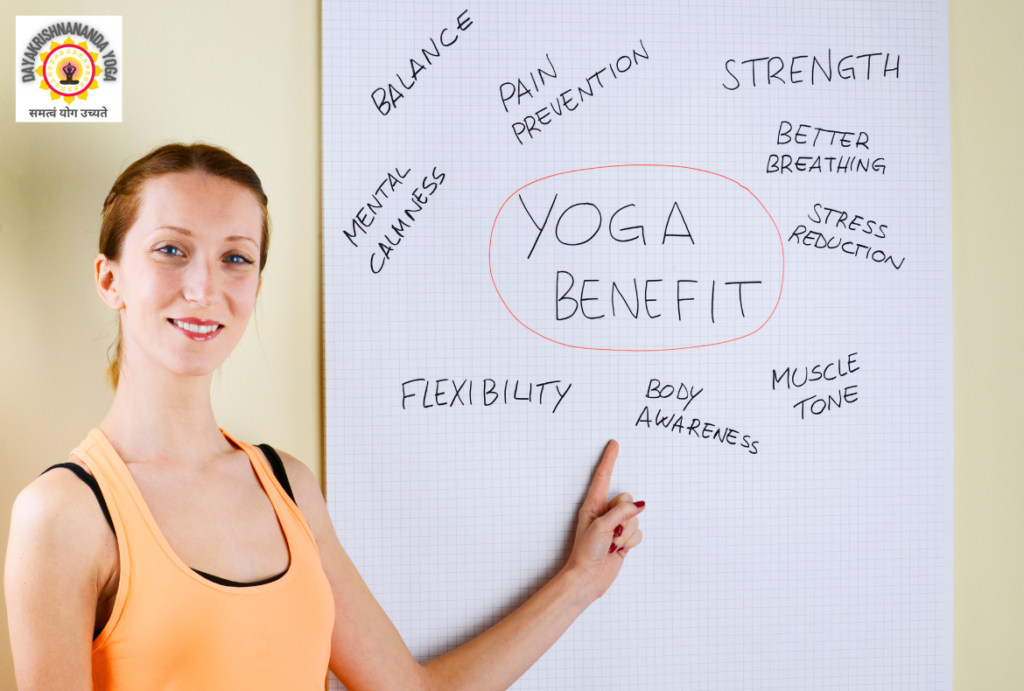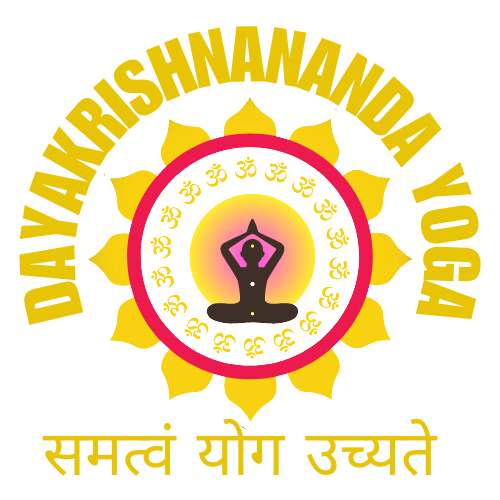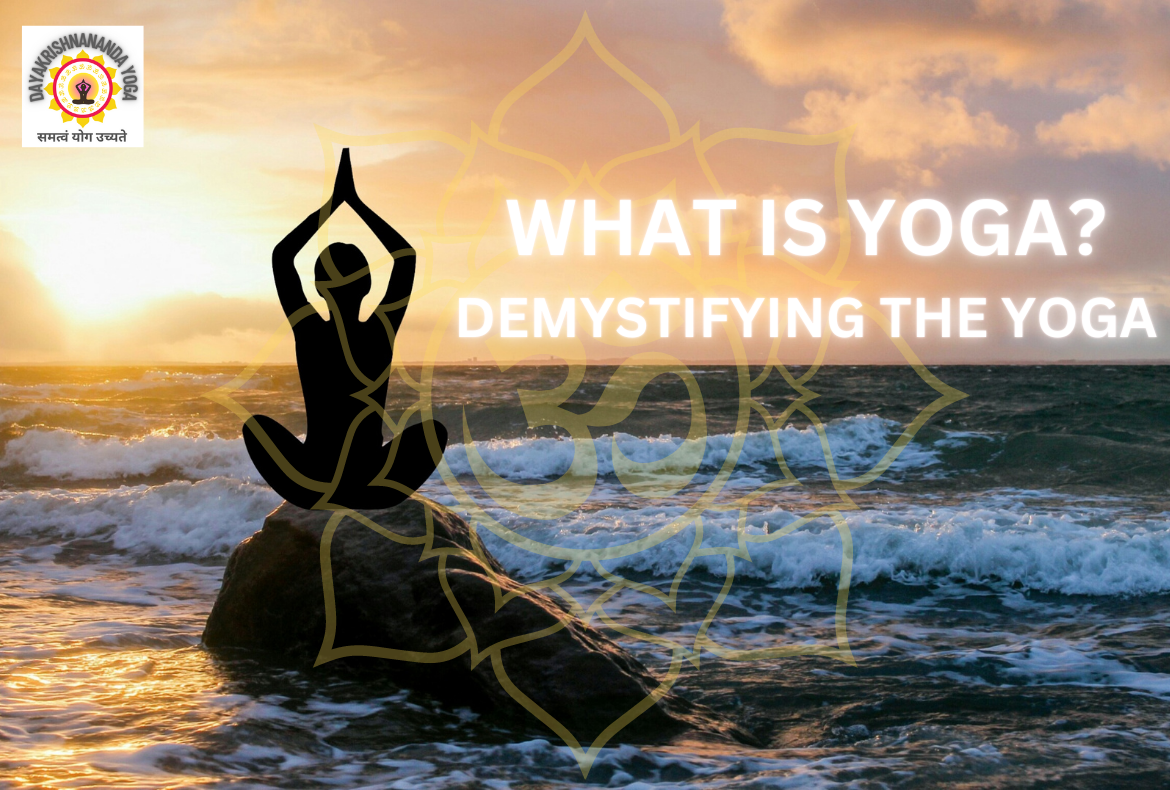Yoga, an ancient practice that originated thousands of years ago in ancient India, has gained immense popularity and recognition in the modern world. With its roots deeply embedded in the philosophy of the East, yoga has transcended cultural boundaries and become a global phenomenon. But what is yoga exactly? How does it bridge the gap between ancient wisdom and modern practice? In this blog, we will delve into the essence of yoga, exploring its rich history, philosophy, and the transformative power it holds for individuals today.
The Historical Origins of Yoga: What is Yoga
Yoga traces its origins back to the Indus Valley Civilization, dating as far back as 3000 BCE. The ancient texts of the Vedas and Upanishads provide the earliest known references to the practice of yoga. However, it was the sage Patanjali who compiled and systematized the teachings into the Yoga Sutras around 200 BCE.
This text, consisting of 196 aphorisms, served as a comprehensive guide to understanding the nature of yoga and its ultimate goal of spiritual liberation.
What is Yoga Philosophy?
At its core, yoga is a holistic practice that seeks to harmonize the body, mind, and spirit. The word “yoga” itself means “union” or “to join.” It encompasses a profound philosophy that recognizes the interconnectedness of all aspects of human existence.
Yoga philosophy introduces concepts such as the eight limbs of yoga, which provide a framework for leading a purposeful and balanced life. These limbs include ethical principles (Yamas and Niyamas), physical postures (asanas), breath control (pranayama), sense withdrawal (pratyahara), concentration (dharana), meditation (dhyana), and transcendence (samadhi).
The Modern Practice of Yoga
While yoga’s philosophical foundation remains unchanged, its modern practice has evolved to suit the needs and lifestyles of individuals today. Yoga is no longer confined to the realms of ancient sages and ascetics but has become accessible to people from all walks of life. Various styles of yoga have emerged, catering to different preferences and goals. From the physically intense Ashtanga and Power Yoga to the gentle and meditative Yin and Restorative Yoga, there is a style for everyone.
Benefits of Yoga
Yoga offers a multitude of benefits for practitioners, extending beyond the physical realm. Regular practice can improve flexibility, strength, and balance while promoting overall well-being. Yoga is known to reduce stress, anxiety, and depression, enhancing mental clarity and emotional stability.

It encourages self-awareness and introspection, allowing individuals to develop a deeper connection with themselves and the world around them. Moreover, yoga cultivates mindfulness and present-moment awareness, fostering a sense of inner peace and contentment.
- Physical Well-being: Yoga improves flexibility, strength, and balance, promoting overall physical health and vitality.
- Mental and Emotional Wellness: Regular yoga practice reduces stress, anxiety, and depression, enhancing mental clarity and emotional stability.
- Self-awareness and Connection: Yoga cultivates self-awareness, introspection, and a deeper connection with oneself and the world around us.
- Mindfulness and Inner Peace: Through yoga, individuals develop mindfulness and present-moment awareness, fostering a sense of inner peace and contentment.
- Rehabilitation and Injury Prevention: Yoga supports physical rehabilitation, helps prevent injuries, and promotes healthy recovery.
- Vitality and Energy: Regular practice of yoga boosts energy levels, vitality, and overall well-being.
- Holistic Health Benefits: Yoga has a positive impact on various aspects of health, including sleep quality, digestion, metabolism, immune function, and chronic condition management.
Demystifying Yoga
In recent years, there has been a surge of interest in yoga, accompanied by a plethora of misconceptions and misrepresentations. Yoga is often perceived as a mere physical exercise or a trend for the fitness-conscious. However, it is important to recognize that yoga encompasses far more than just physical postures. It is a holistic practice that integrates the body, mind, and spirit, providing a path to self-discovery and personal transformation.
What Yoga can give you?
Yoga, rooted in ancient wisdom, has successfully transcended time and cultural boundaries to become a popular practice in the modern world. Its philosophy and teachings offer a profound understanding of human existence and a path toward self-realization.
By embracing the physical postures, breath control, meditation, and ethical principles of yoga, individuals can experience the transformative power it holds, promoting physical health, mental well-being, and spiritual growth.
So, let us demystify yoga, appreciate its ancient wisdom, and embrace its practice for our holistic development and overall well-being in the modern era.
As we continue our journey through the vast landscape of yoga, let us remember that yoga is not limited to the confines of a yoga mat or a trendy studio. It is a way of life—a mindful and conscious approach to each moment we experience.
By incorporating the principles of yoga into our daily lives, we can tap into the timeless wisdom it offers and reap its profound benefits.
So, whether you are a beginner exploring the foundations of yoga or an experienced practitioner deepening your practice, remember that yoga is an invitation to connect with your true self, cultivate inner harmony, and foster a sense of unity with the world around you.
Embrace yoga as a transformative practice that encompasses more than just physical postures, and discover the profound beauty and wisdom it holds.
Yoga bridges the gap between ancient wisdom and modern practice by offering a holistic approach to well-being that is relevant and accessible in our fast-paced world.
It is an invitation to embark on a journey of self-discovery, self-care, and personal growth. By embracing the philosophy and practice of yoga, we can find balance, inner peace, and a deeper connection to ourselves and the world.
So, roll out your mat, take a deep breath, and let the transformative power of yoga guide you on a path of self-realization and enlightenment.
Namaste🙏.


Pingback:Exploring the Types of Yoga | An Overview of Yoga Styles - DayaKrishnaNandaYoga